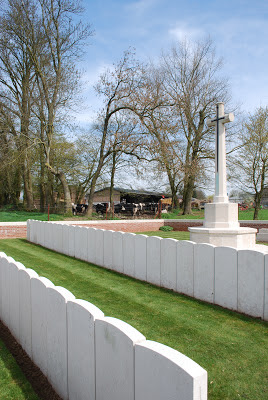 |
| UCS Ipswich |
A couple of times a year I travel to Ipswich from my home in Sussex, and back again, to work with undergraduates in the English Department at UCS. http://www.ucs.ac.uk/home.aspx It’s a long way to go for just two hours, but the workshops are invariably some of the best from the point of view of making a difference. The students have not chosen to take a Creative Writing Course. They are studying English, and one of the courses, The Short Story focusses on the literature, but it also includes a practical element. “Write a short story...” I take my hat off to them - it’s hard enough to tackle writing, even if you’ve chosen to do it - it certainly isn’t easy to get your head round creating literature if you haven’t chosen to.
That’s where, I guess, it is good to have a visit from a practitioner.
This time, we were looking at the need to depart from fact, if you are going to write successful fiction. Sounds obvious - but hard to do, especially for those who don’t write fiction routinely.
Starting with my usual ice-breaker’ of word-cricket, and NO need to read anything out (phew!) I then used the current story of the shooting of Malala Yousufzai http://en.wikipedia.org/wiki/Malala_Yousafzai We read some articles, made a list of central and peripheral characters in this particular story, then I took the articles away. Trusting that we had enough grasp of the main events, we then split into groups, to collaborate. What did their chosen characters want to say? How would they say it? The students had to use their imaginations. This is fiction. Start with some facts, then let go - make it up. And they did! We had a group working as The US Military. Another as Malala the child, another Malala the injured teenager. Malala’s father. Angelina Jolie. And challengingly, the Taliban gunman who shot her.
After a few minutes, the noise level rose - ideas were flying. After fifteen minutes of brainstorming, they had to choose one scenario, and another fifteen minutes to write, as a group, a first-person narrative, in their character’s voice. We then had half an hour of group feedback - sharing the voices, the new stories - because of course, without the facts to rely on, they’d had to invent.
We had terrific black comedy from the US Military group. Empathy with the anguish of father - which was about to veer into a futuristic piece Astonishing voices from the ‘Malala’ teams - the child who wanted to be treated like her brothers...and a guilt-laden speech from the “injured girl”, causing so much trouble. We had a layered character in the gunman, chosen to do the deed by others, frightened not to. We had an Angelina Jolie behaving in one way, pushed by publicists, and her ‘real thoughts’ running alongside.
I think the point was made. No one was writing journalism. Or history. Or political commentary. Just fiction. Based on a nugget of fact. Spun, like a spider’s web, away from those facts.
Senior Lecturer in English, Gill Lowe (who is always such a sport, diving into all the writing exercises with gusto) asked each student to scribble a few lines after the session was over. “What will you take with you from the workshop - something you didnt know before?”
Here are some scribbles:
“We all have imaginations, and don’t let anyone tell you otherwise. Thank you for an inspirational lecture today."
‘Being ‘forced' to write from different points of view and on subjects that aren’t self-chosen, brings a different perspective and instills confidence that it can be done.”
“Let go of wanting the story to be as close to fact as possible!”
“How easily an imagination lies dormant - and can be used, with a nudge. Good lesson :).”
“Drawing inspiration from all manner of places - unlikely places such as this news story. And that we can take it anywhere we want. It doesn’t have to stick with the news story. For example, the girl ends up with superpowers...”
“Examples of how to use different voices - very interesting. Thoroughly enjoyed the ice-breaking exercise - what a great feeling of freedom it engendered.”
“WHAT IF??!”
“Writing at speed can often produce the best ideas...”
“It was wonderful to hear from a real writer who has experience. You can use factual stories as influence for fiction - it’s your imagination, so use it!”
“I found it refreshing to bask in the rewards of letting one’s imagination run wild. In turn, I enjoyed sharing the fruits of this imaginative process with colleagues.”
“Fiction IS fiction and can be anything you want it to be. Freedom to write.”
“It was interesting to think about spinning a story from a fact. To hear someone saying that you don’t have to ‘write what you know’ (as in sticking to facts) was refreshing. Brilliant enjoyable session. Thank you!”
“It’s okay to let your imagination run completely wild, especially when finding a story.”
“More appreciation for the value of spontaneity.”
That's what I mean about 'making a difference'.
.































